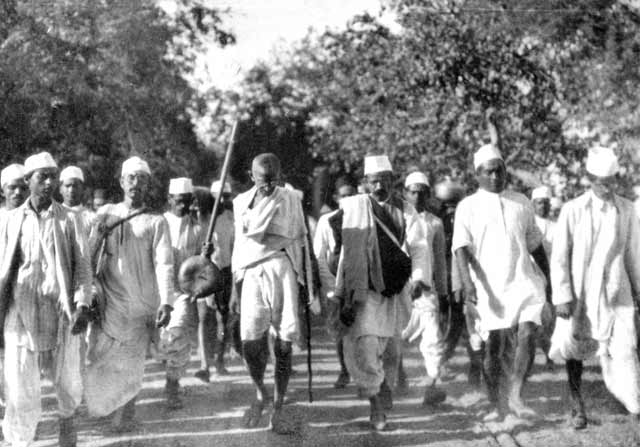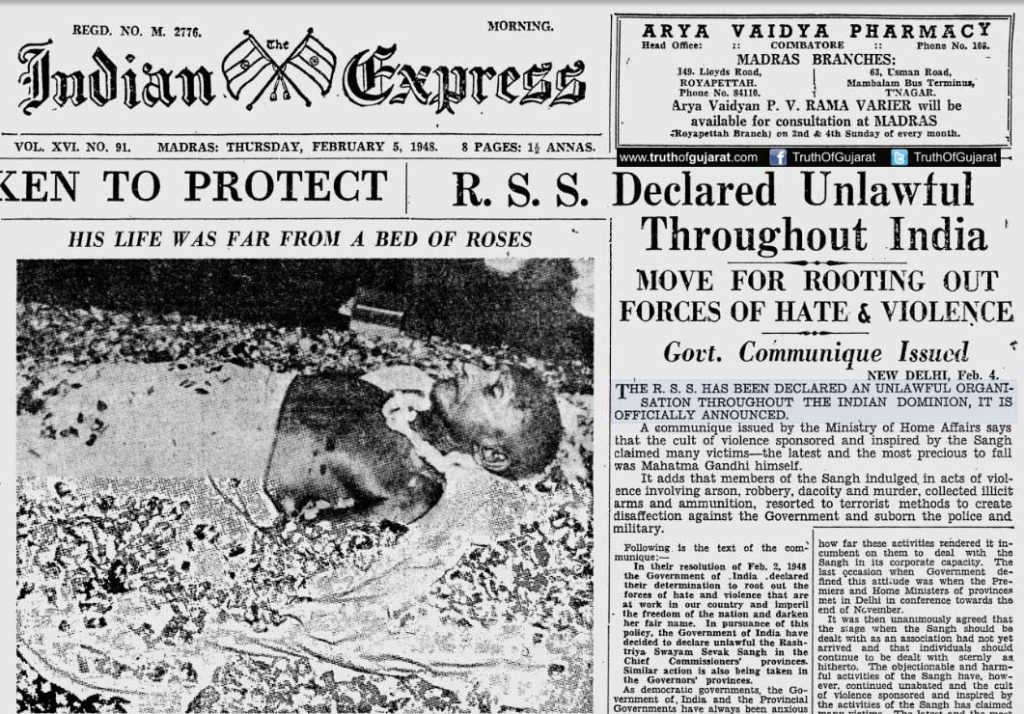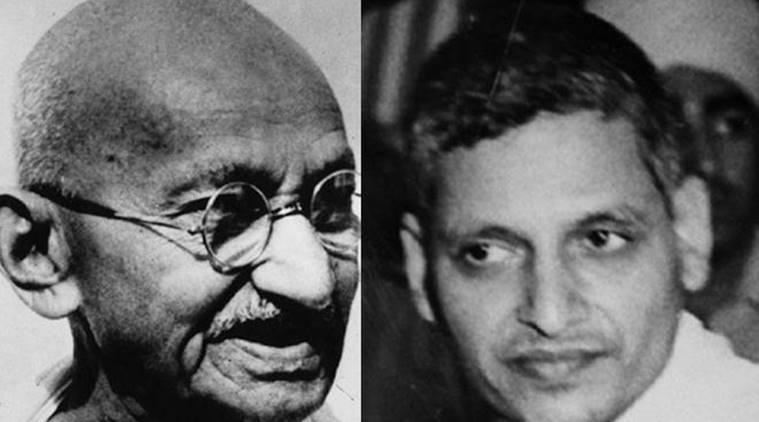Written by Prem Kumar Vijayan & Karen Gabriel

It is widely acknowledged that Mohandas Karamchand Gandhi, and more specifically, his political method of non-violent struggle, was one of the major reasons that the British were forced to leave India. However, it is also evident that these Gandhian methods have failed on many, many occasions, and are likely to continue to fail on many future occasions as well. To understand why, we have to recognise that, to have any effective magnitude of impact, Gandhian methods also require
(1) enough numbers to ensure that,
i. even in an extreme case, a violent repressive response would prove difficult and costly, if not impossible;
ii. any forcible removals will have little impact on the overall volume;
(2) a sympathetic, or at least neutral, media, that will amplify the dissident voices to those they (non-violently) dissent against;
(3) a civil society that is receptive to listening to those voices, and whose opinion can constitute pressure (of any kind – e.g., in the form of possible votes for a political party; a concern about public image, and the possibilities of embarrassment; etc.) on those dissented against; and
(4) a moral position robust enough to counter any possible violations of law that may be entailed in the dissent. Laws rely on Constitutional morality to justify violent repressive measures by the state. This means that the dissent must either be rooted in Constitutional morality itself, or it must be morally and ethically stronger than the Constitutional position.
These conditions are generally found more in nation-states that are constitutional democracies, than in those that are not – e.g., dictatorships, military regimes, monarchies. In such democracies, citizen-subjects putatively have rights that are inviolable, maintained as sacrosanct by both, citizen and state (mostly), in relation to the state. One of these is usually the right to dissent peacefully. In fact, one may even argue that the Gandhian idea of non-violent dissent is thus at the very heart of the shaping of such ideas of democracy and democratic rights.
This explains why Gandhian methods (especially in political movements and struggles) succeed in certain political environments; but why would they fail in other political environments? This is because, in political environments like dictatorships, etc.:
(1) The rights and powers of individual citizen-subjects are greatly reduced. If, despite having no exercisable right to dissent, dissent grows as and into a mass movement, it can, and often is, violently crushed by the repressive state apparatus.
(2) The mainstream media is almost always partial to the state.
(3) Civil society is not willing to be receptive, even it wants to be, either because of fear or indifference, and hence cannot and will not say or do anything pro-dissent and pro-dissenters.
(4) Dissent is almost always perceived (by the state, and therefore by the mainstream media, as well as by such sections of civil society as wish to speak) as anti-state, and hence the state is justified in its repressive actions. The only morality is the morality of the inviolability of whatever is and represents the state.
In other words, the favourable conditions noted earlier do not avail. Indeed, in many instances, other actually unfavourable conditions do avail – such as strong police, paramilitary and military forces, and/or a pliant judiciary, and/or the ability of the state to resist international or diplomatic pressure from other countries, and/or the economic resources to sustain sanctions – and so on.
If we agree on the above, then we are faced with what the poet called ‘an overwhelming question’: the question before us is, Is India at this moment in transition from the one to the other? And if it is, what are the options before civil society, to preserve the viability and effectiveness of non-violent political struggle?
Prem Kumar Vijayan, Asst Prof., Dept of English, Hindu College, Delhi University
Karen Gabriel, Assoc Prof., Dept of English, St Stephen’s College
GET COUNTERCURRENTS DAILY NEWSLETTER STRAIGHT TO YOUR INBOX















































